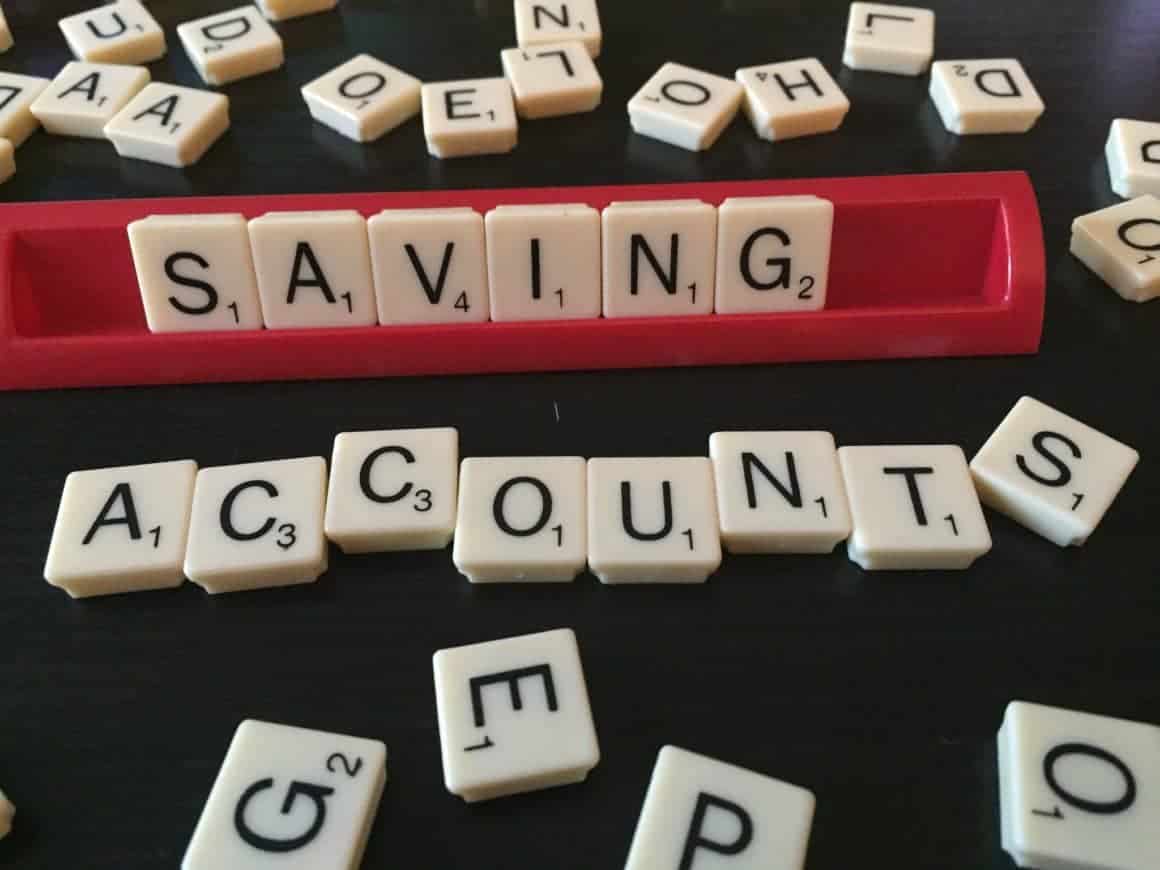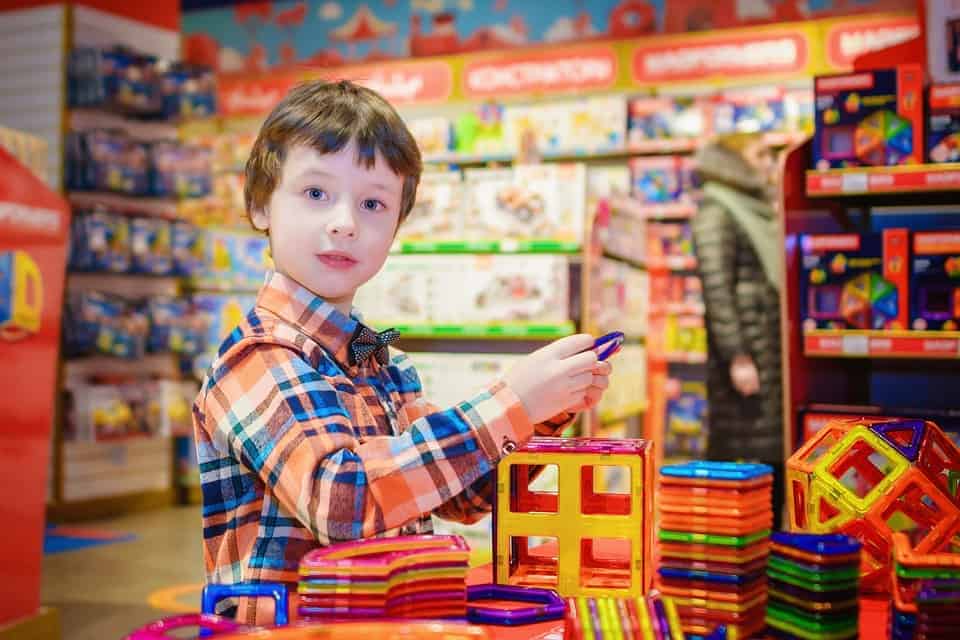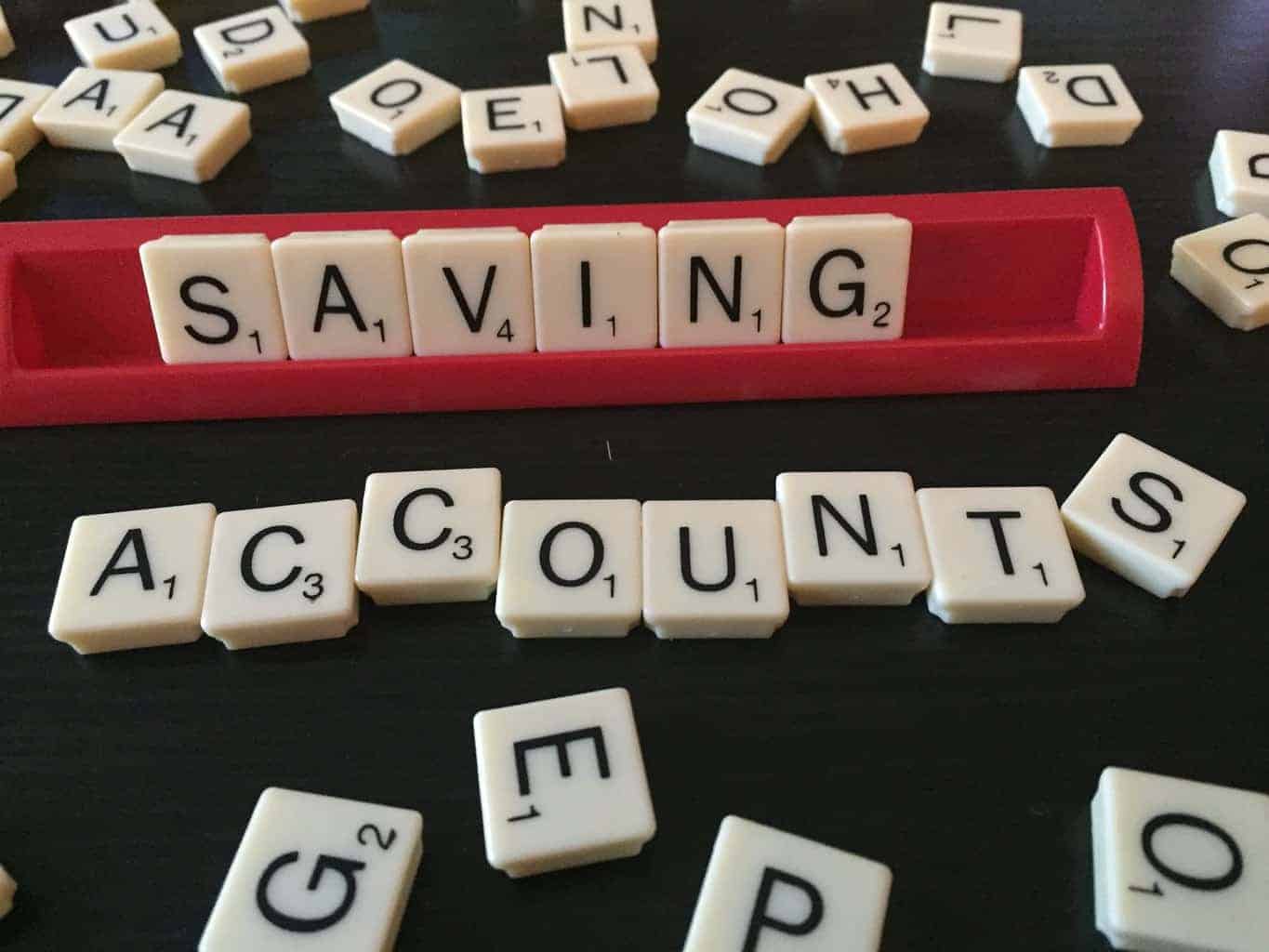As parents, we want to spoil our kids at every opportunity, right? How many times have you been at the supermarket and you hear a little voice from over your shoulder, “can I have this?” and whatever they’re holding ends up going in the trolley! Despite this, we must teach our children about the value of money from a young age, as this will set them up better for the future.
Here are a few ideas to help you educate your children about the value of money.
Encourage them to set up an ISA or savings account

This is something that so many of us don’t have already for our children, and it’s one of the best ways to set them up for their future.
If you have a very young toddler or baby, you can start online with Wealthify Junior ISAs, which are quick and easy to set up, and enables you to save up to £4,368 per year per child in a tax-efficient way.
Alternatively, if your children are a little older, arrange to go to your local bank and set up a savings account with them – treat it like a trip out for them, as it is much more exciting for them than it is for you! You’ll also find that your bank will make an effort to ensure that your child enjoys themselves and will likely give them a couple of freebies too!
Give older children a few chores to do and reward them with pocket money
As mentioned earlier, children nowadays are quite used to saying “can I have” and getting what they wish for. Why not start giving your children a few simple tasks around the house, and in return, they can earn a small amount of pocket money?
There are two great life lessons for them to learn here; firstly, money is earned and rarely given. Whether it’s tidying their bedroom or doing the washing up, giving your children additional responsibilities in return for a couple of pounds will help them better learn the value of money.
The other lesson here is when it comes to spending what they have earned – do they spend it now on something small, or wait a few weeks and buy something bigger? Decisions, decisions! For the first few weeks, they’ll probably choose the quickest option of some sweets from the supermarket, however as the weeks progress you can maybe suggest other things that they like, such as magazines or toys, that will encourage them to save their money for another week.
Let your children pay!

Not necessarily out of their own pocket, but if you visit a shop to buy a pint of milk or loaf of bread, allow your kids to go up and complete the transaction. Not only will this improve their confidence with adults, but it will also give them more experience of how much things cost, and that it’s not a simple case of saying “can I have” to the shopkeeper!

